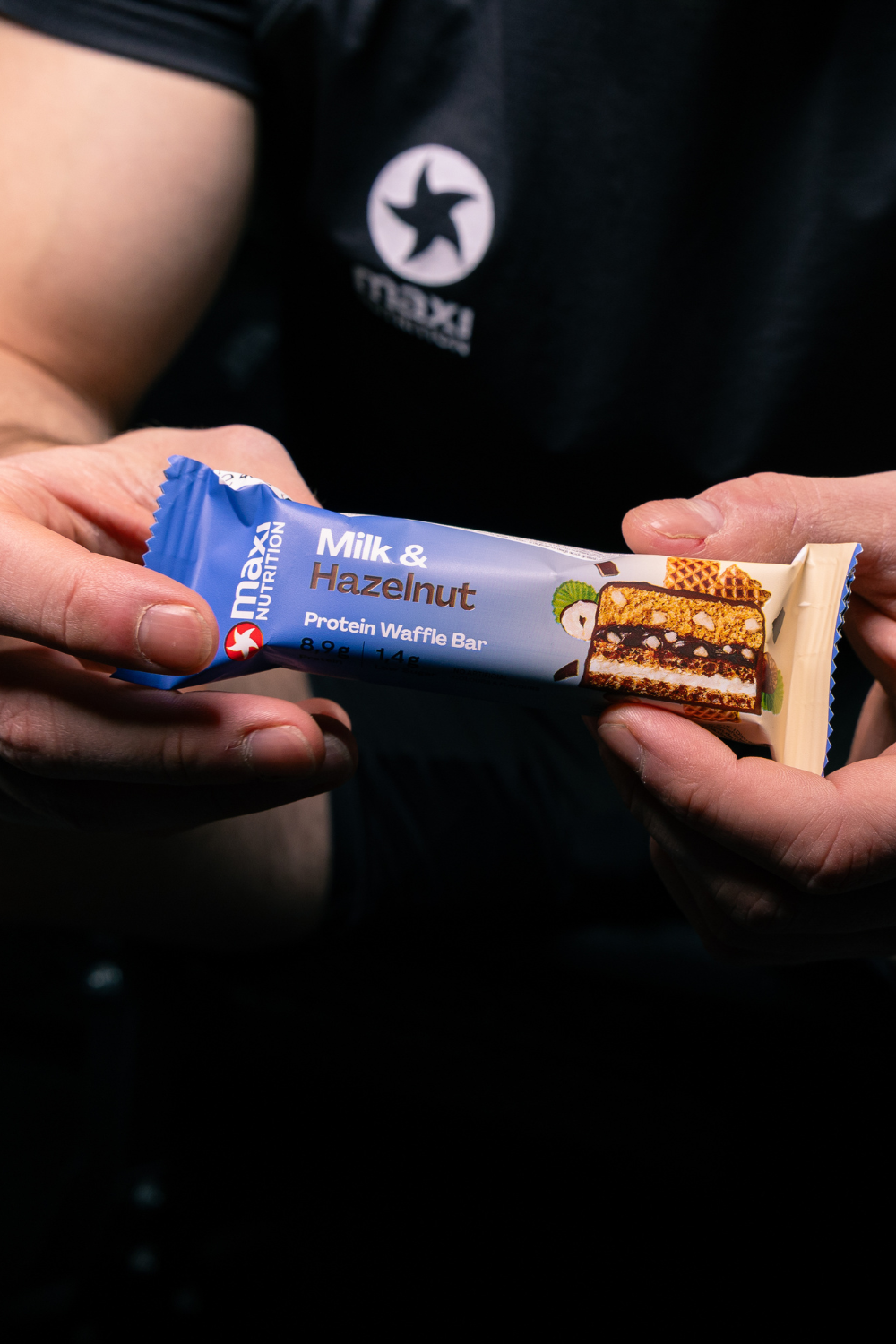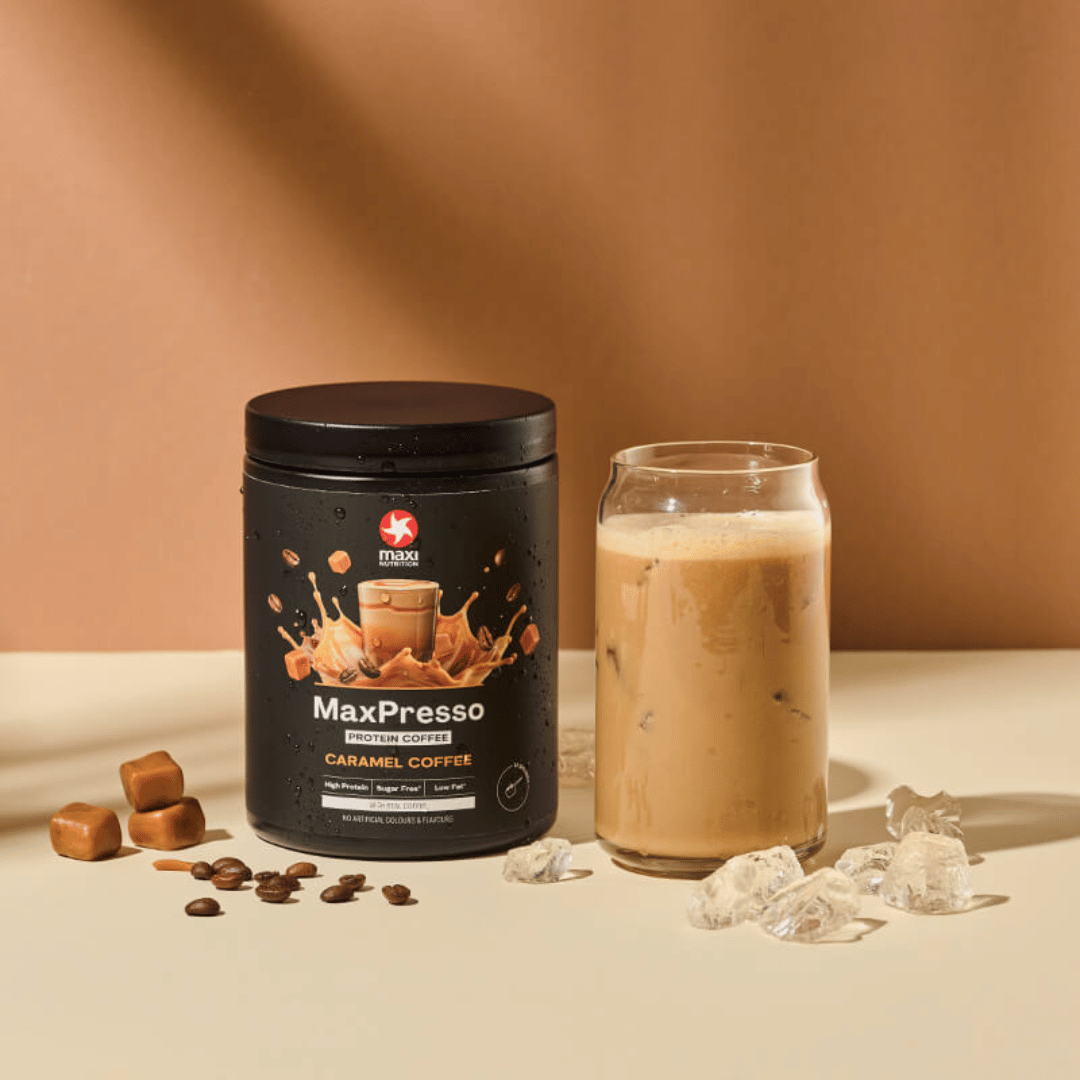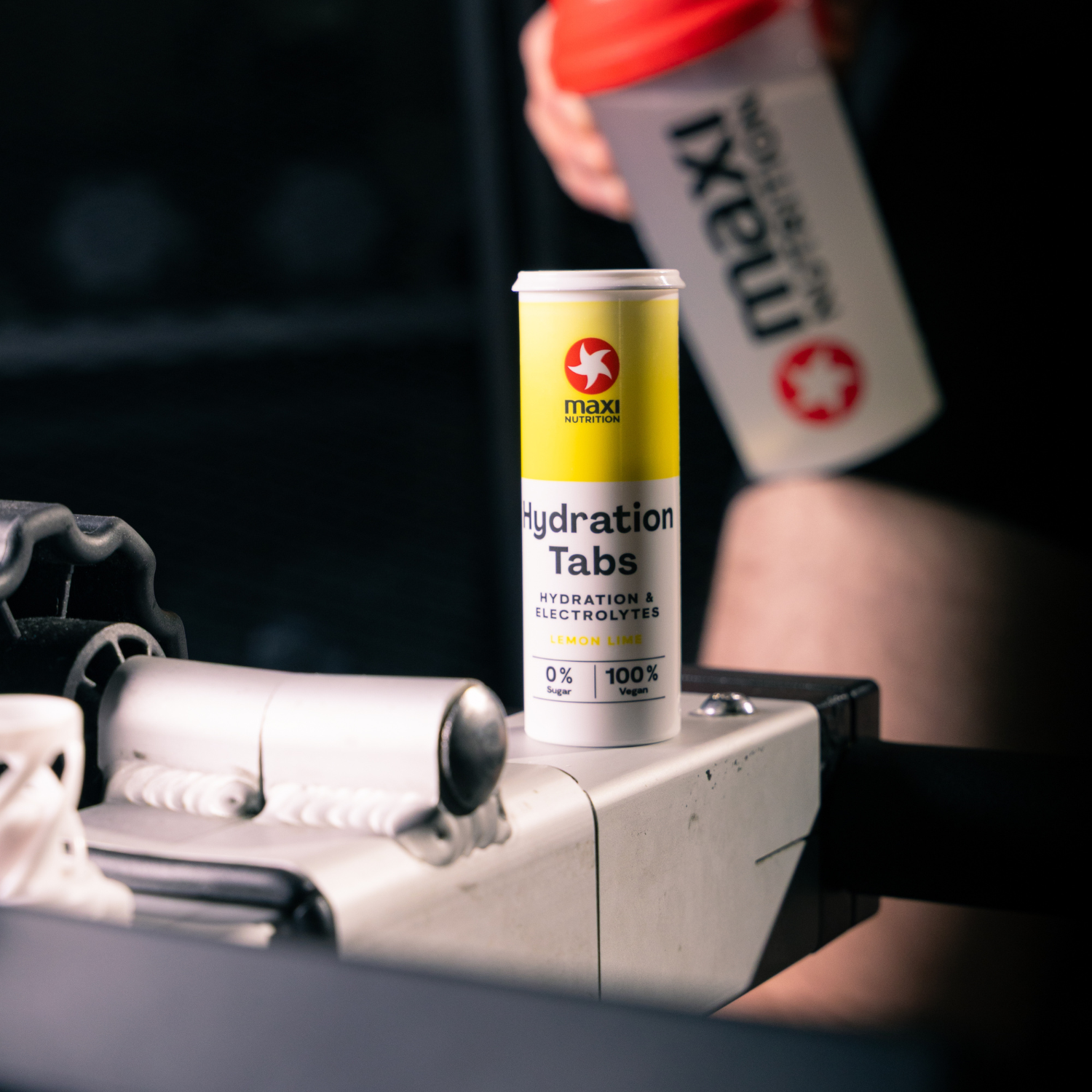As the dust settles on the Tour de France 2018, arises another British winner – Team Sky’s Geraint Thomas. Over the past few years, British cycling under the dominance of Team Sky has really put a marker down on the world stage with Thomas following in the footsteps of Froome and Wiggins. Amazingly in the last 7 years Britain has had a winner in 6 out of 7 tours. Read more below about the Tour De France…
Key Points
- How hard is the Tour De France?
- Energy expenditures across sports
- Read about METs – the metabolic equivalent for sports
- Learn how to calculate energy expenditure for any physical activity
Professional cycling and specifically the Tour de France (TdF) is suggested as being one of the toughest sporting endeavours, with some of the fittest human-beings. The TdF is a 21 multistage cycle event primarily held in France. Cyclists ride of just over 3 weeks with only two rest days. The TdF takes on some of the fiercest of French topography with distances range from 40 – 144 miles per day.
To paint a picture of how gruelling the TdF is, riders burn approximately 6000 kcal, rising to 9000 kcal on the longer tougher days. That’s burning around 3 days worth of calories in one day! What’s more astonishing, is that stages only last 4-6 hours, so these phenomenal cyclists could be burning close to 1200 kcal per hour. But how does that stack up against other sports?
Energy expenditure per sport
- Tour de France – 6000-9000 kcal
- Ironman Triathlon – 9000 kcal
- Football Match – 1100 kcal
- Rugby Match – 1200 kcal
- Tennis match – 500 kcal per hour
- Boxing – 800 kcal (12 rounds)
Energy Expenditure
This only gives you an indication and should be taken as an average, although it certainly proves that cycling in the TdF is no mean feat! Let’s take 4 different players on a rugby field, each player has a different stature and all play in different positions. This will obviously impact on there energy expenditure. However, as a guide, in 1993, Dr Bill Haskell developed an adult compendium that used the metabolic equivalent (MET) for an ever-growing list of physical activities, to help provide a standardised unit of measure that could help assess and predict energy expenditure. You may see MET’s on gym equipment when you are working out. Click here to read more about METS.









































